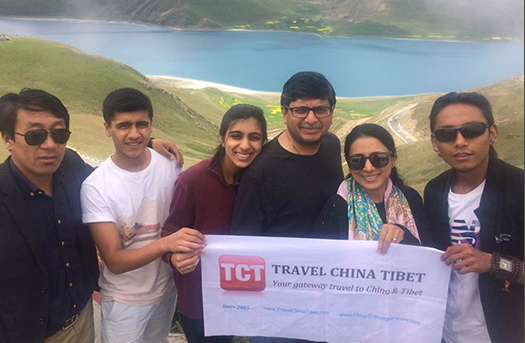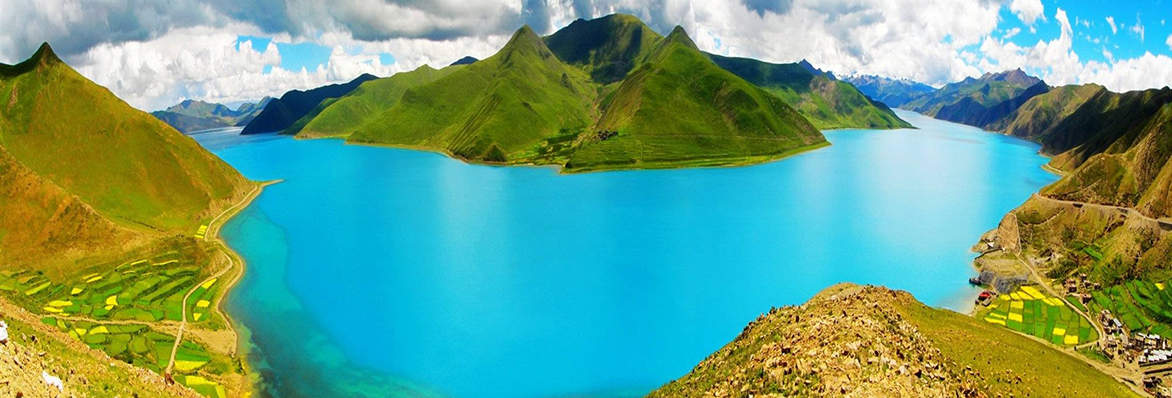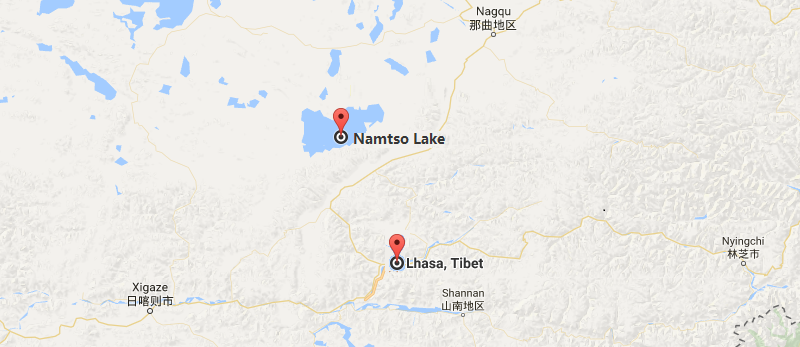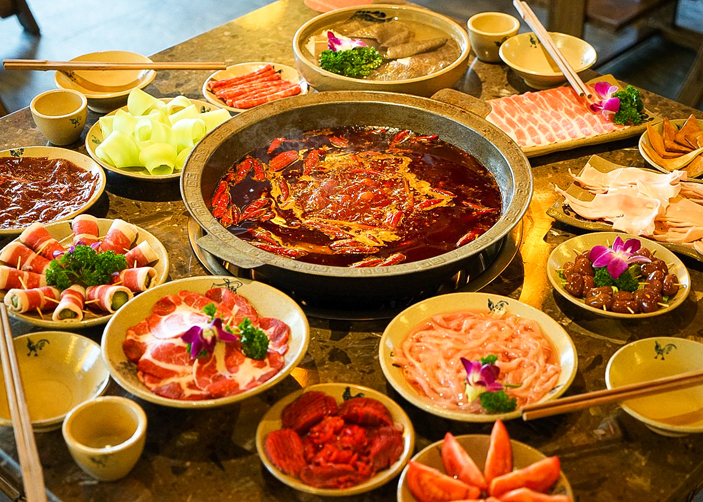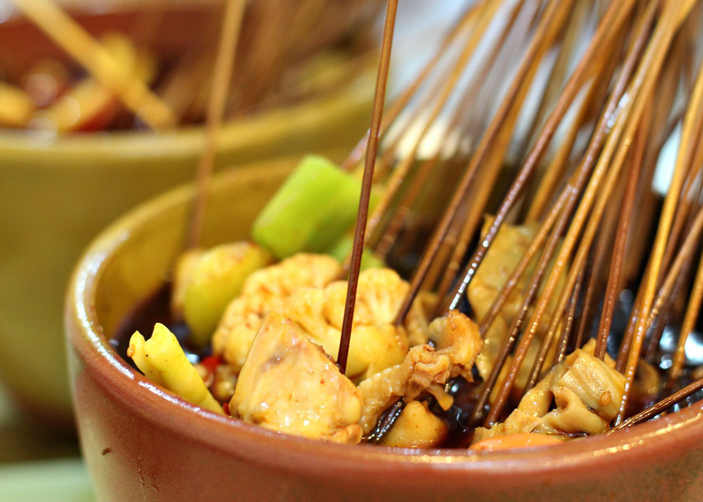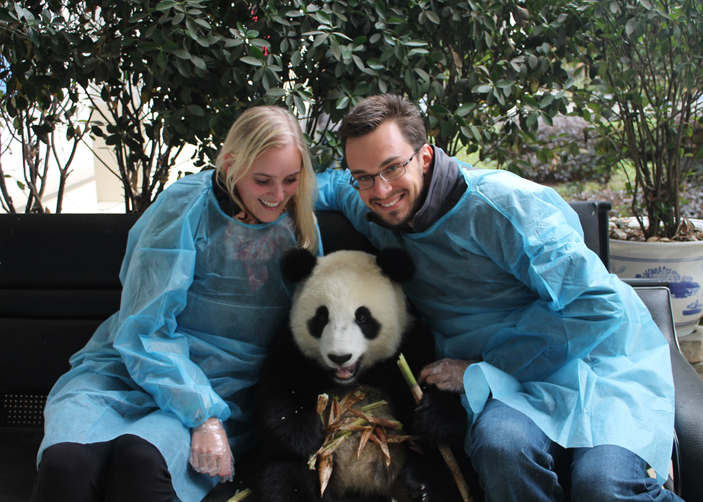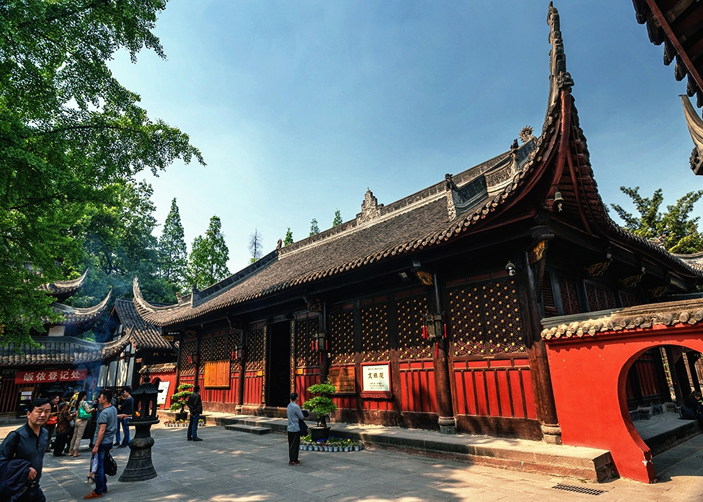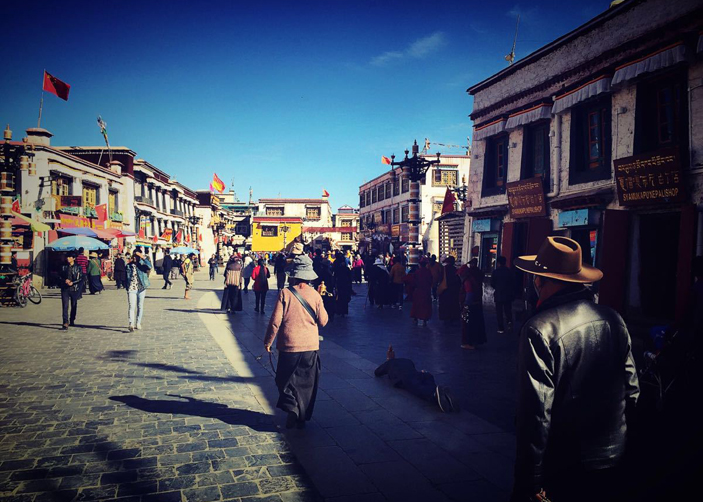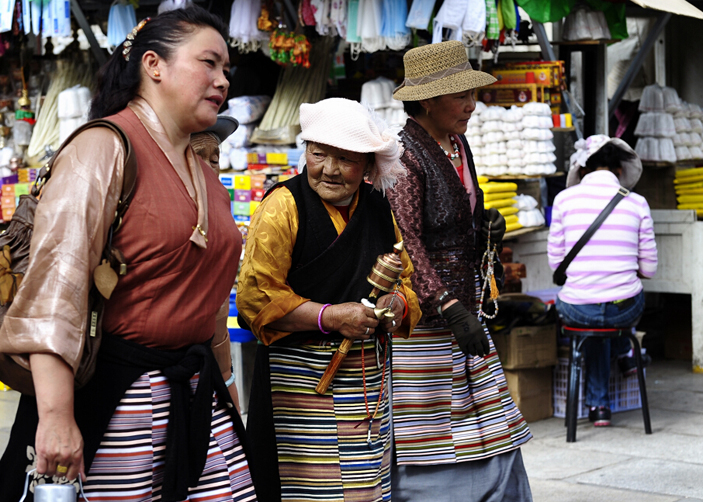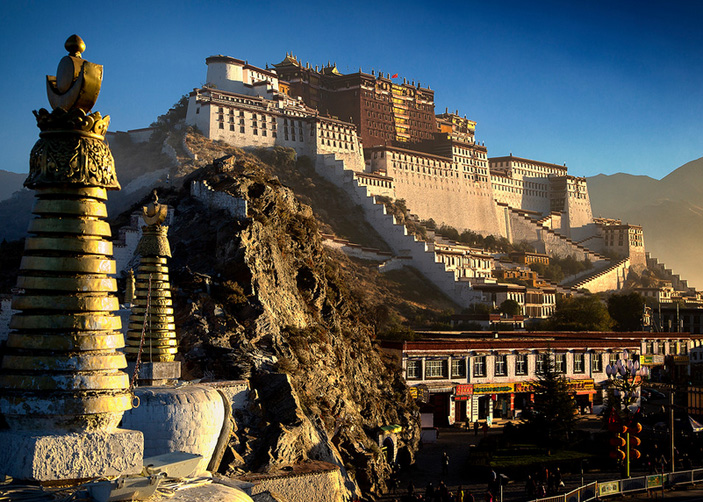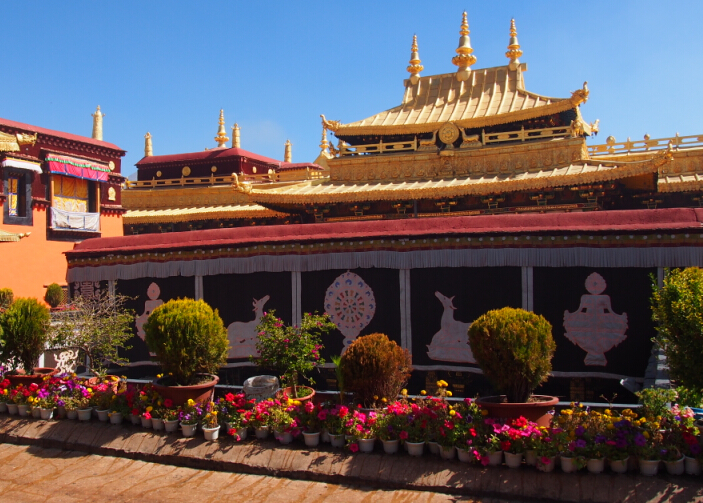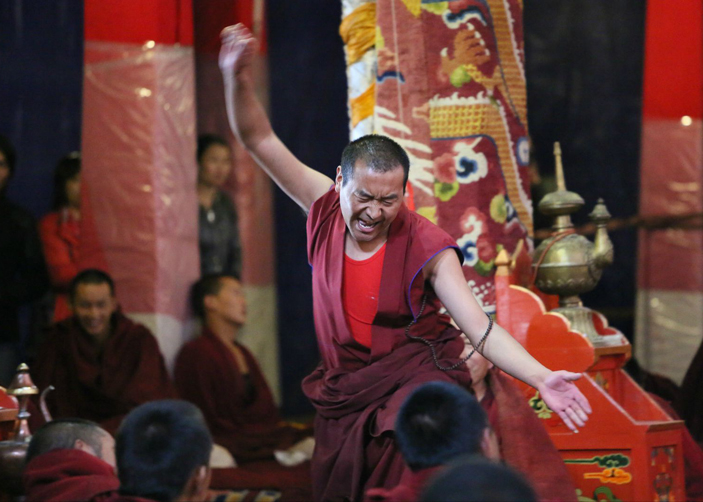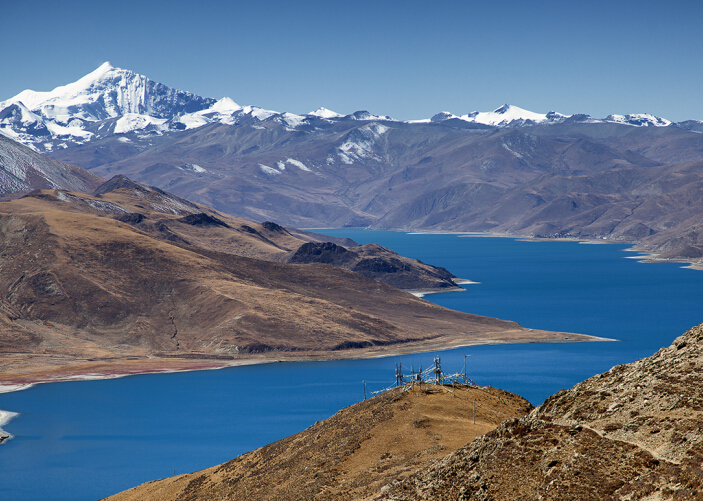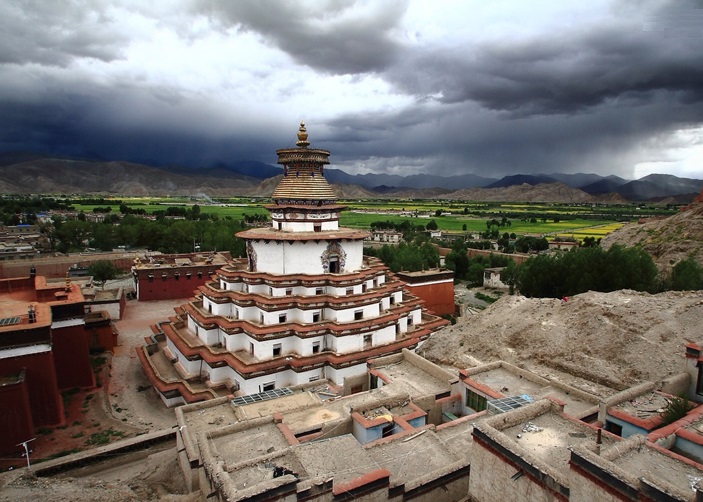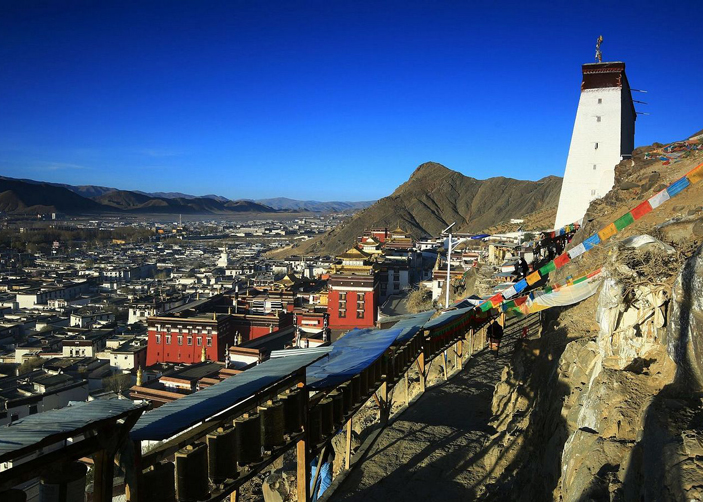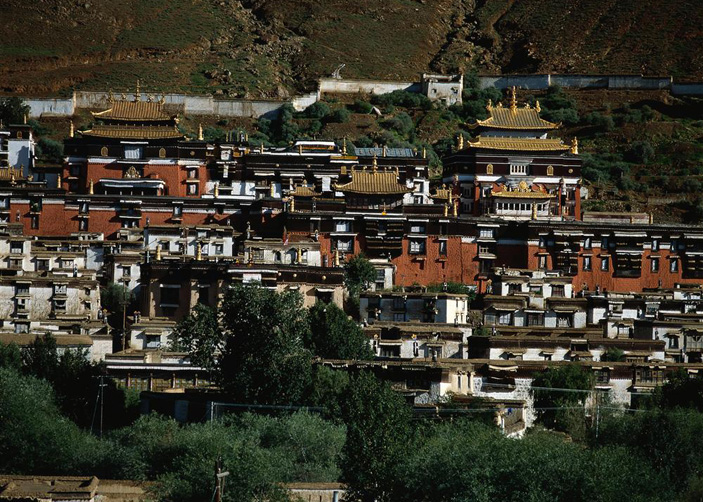- Home
- Private Tibet Tour
- Group Tibet Tour
Tibet Group ToursMaximum 12 person's small group tours on fixed dates, LOWEST price guaranteed!
5 Days Lhasa & Namtso Lake Group Tour
5 Days Lhasa & Yamdrok Lake Group Tour
6 Days Lhasa & Shigatse Group Tour
7 Days Lhasa to Kathmandu Overland Group Tour
8 Days Everest Base Camp Group Tour
9 Days Lhasa & Everest & Namtso Lake
10 Days Lhasa & Everest & Namtso Lake
14 Days Mt. Kailash Trek & Pilgrimage Group Tour
15 Days Mt. Kailash Trek Group Tour
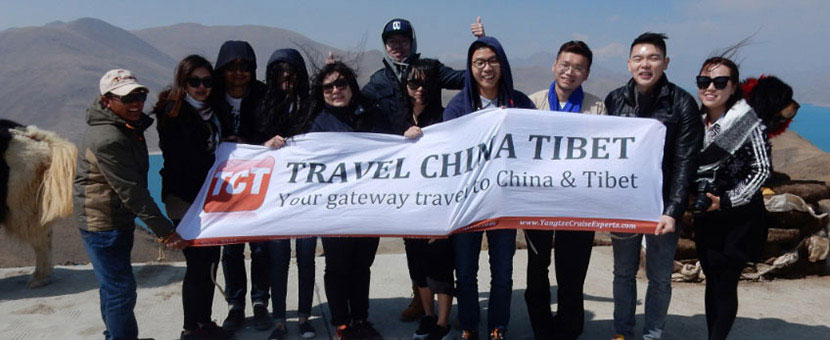
- China Pacakges
- Travel Guide
Tibet Travel Guide
Tibet Permit & VisaTibet Travel FAQsTibet TrainsTibet FlightsTibet AttractionsTibet HotelsTibet MapsAltitude SicknessWeather & ClimateCustom & Trandition
Tibet ShoppingFood & DinningEtiquettes & TaboosTibetan BuddhismTibetan HistoryCulture & ArtsTibetan FestivalsTibetan MedicineWhat to PackTibetan People
- About Us
- CONTACT US
HomePrivate Tibet TourGroup Tibet TourChina PacakgesTravel GuideAbout Us



